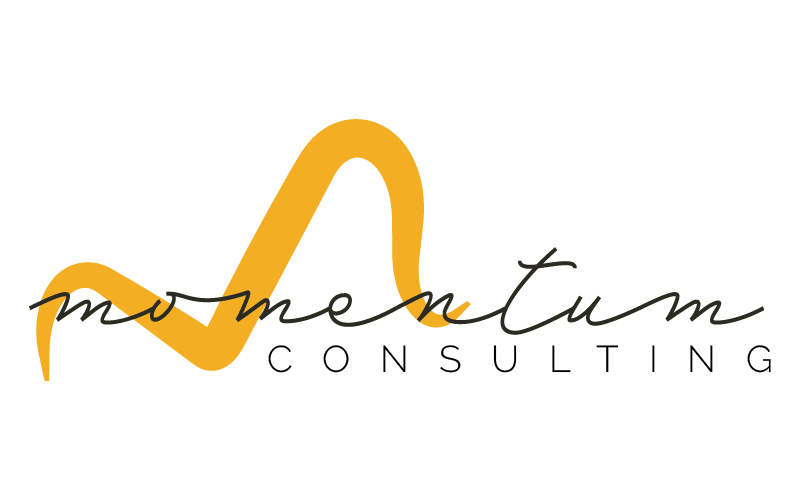Written By Danielle Fauteaux
As a marketing agency or independent contractor, it’s a constant balancing act to deliver high-quality content to clients in a timely and cost-efficient manner. Likely the pricing schedule you’ve set is designed to optimize these three characteristics and serve your customers to the best of your ability.
However, when someone asks you or an employee to complete a project or task in an expedited manner, there must be fair compensation for the additional effort and stress that goes into the process. But while implementing a rush fee is acceptable and fair, discussing it with the client can sometimes feel like a challenge for you or your account managers.
I don’t want you avoiding these conversations and completing expedited work for which your clients will then take you for granted. I want you to value your efforts!
How to Overcome the Fear of Charging a Rush Fee
It’s common to be a little fearful about communicating a rush order fee. You may be worried about how the client will respond or if you could potentially lose business, especially because the product you are delivering will be of the same scope and quality. The difference is that you will be condensing the necessary work into a shorter time frame, which puts pressure on you as a professional.
A few good things to remember that can help you overcome the irrational fear of upsetting clients with rush fees are that:
Your time is valuable.
When you take on a rush job, you agree to devote extra hours to a project in a short timeframe that could go toward other professional or personal responsibilities. By making this exchange, you are stretching your capacity and elevating the client’s needs, and you deserve to be compensated accordingly.
In the long run, people will only value your time as much as you do. As the saying goes, you get what you put up with.
The same goes for your team members. If you want to retain your best employees long term, you need to support them in setting and enforcing work boundaries.
You are responsible for maintaining your reputation.
It’s a lot of pressure to rush a job without decreasing the overall quality, and sloppy work puts you and your agency’s professional reputation at risk.
A rush fee is an incentive to produce the same high quality of work as you would under normal circumstances, which is beneficial for both you and your client.
You are responsible for honoring your team.
A solid agency culture exists where there is mutual respect across the board and from top to bottom. You are responsible for honoring the efforts of the creatives, account managers, and developers on your team. One way to do this is by communicating inwardly and outwardly that their work is not taken for granted, by you, nor should it be taken for granted by clients.
You want to disincentivize rush jobs.
At the end of the day, the best-case scenario is not having to take on too many rush jobs. By charging a rush fee, you set a norm that prevents you from being taken advantage of and deters clients from asking first quick turnarounds unless necessary.
Instead, they may be motivated to be more organized and make their requests in a timely manner that works better for both of your schedules. This is not only good for them, but for your agency and your individual team members as well.
Setting a Rush Fee Expectation
While a few clients here and there may respond negatively to a rush price for a project, most will understand or even expect it. The most important thing is having good communication with your clients so you can avoid misunderstandings and maintain a positive working relationship.
You have a few opportunities to get information about your rush fee in front of a client. You can reference it in your online pricing guide or the document you typically share with customers when making a proposal, so they are aware upfront of this policy. If you have a set amount or percentage of total project cost that you charge, include that. Otherwise, share general information about how you calculate the fee based on the individual project.
If you run a marketing agency, the responsibility will likely fall on your account managers to communicate and enforce your rush fee expectation on behalf of the business. That means they must first have the low-down on when and how to implement a rush charge on a project. Make sure it’s clear what constitutes a “rush job,” how they should calculate the amount based on the request, how to track the extra hours or additional fees, and if any clients or accounts are exempt.
How to Communicate a Rush Fee
When a client asks for a quick turnaround, you can reference the location where you have the policy in writing and then get into specifics for their request. For example, your response could be something along the lines of:
“We would be happy to work with you on X project. Normally, we would allot six weeks for the work. Since we’re bumping up the deadline to two weeks, the project will cost an additional X to cover our agency’s rush fee. This is X percent of your total project cost. As stated in our pricing guide, this fee helps ensure we can meet the expedited deadline while providing you with the utmost service and quality on this project.”
You also can provide them with an updated pricing schedule in your proposal or contract, and include the rush fee and the new total project cost. You’ll want to get some confirmation from your client—preferably in writing—that they understand and accept the expedited fee. Be calm, professional and prompt in your communications. If a customer is asking for a quick turnaround, they’re likely experiencing a notable sense of urgency and stress.
In some cases, your client may question the fee, from why it’s necessary to how you derived the specific amount. Be courteous, but don’t apologize. Give them straightforward answers and reiterate the value of your work, along with your desire to produce the best quality possible to meet their expectations and business objectives.
Finally, the rush fee should be included in your final invoice (ideally listed as a separate line item for clarity) or any other documentation related to pricing the overall project.
Building a successful business takes grit, a focus on your value, and sometimes a *loving* kick in the pants.
Needing an ally as you achieve your long-term goals?
I’d be happy to help.

